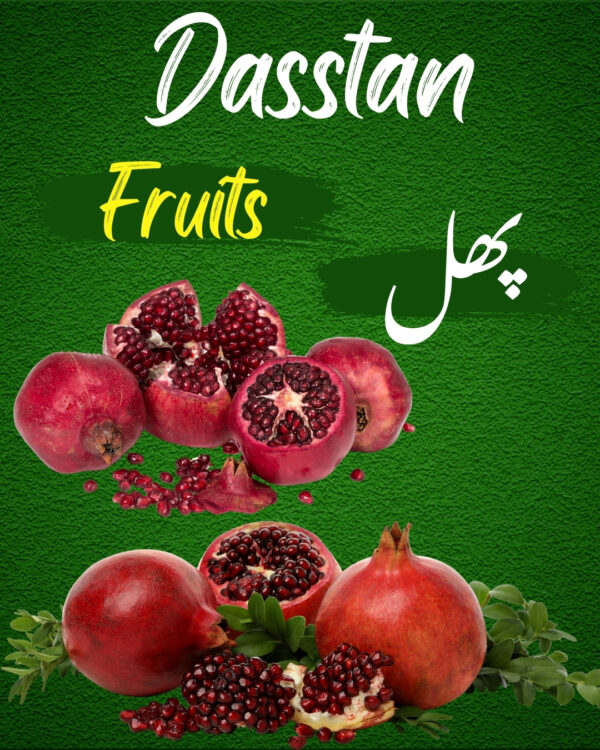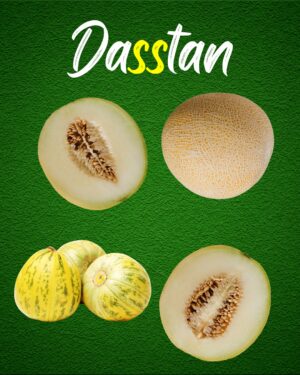Description
Pomegranate: A Jewel of a Fruit, Bursting with Flavor and Goodness
The pomegranate, with its ruby-red arils nestled within a tough, leathery rind, is a fruit that truly lives up to its reputation as a jewel. More than just a beautiful sight, this ancient fruit is packed with flavor, nutrients, and a rich history, making it a prized ingredient in cuisines and cultures around the world. From its starring role in salads and desserts to its use in traditional medicine, the pomegranate offers a burst of both taste and well-being.
A Symphony of Sweet and Tart:
The magic of the pomegranate lies in its arils – the juicy, seed-containing sacs that are the edible part of the fruit. Biting into a pomegranate aril is a delightful explosion of flavor. The initial taste is often a refreshing tartness, quickly followed by a burst of sweetness that lingers on the palate. This complex flavor profile makes pomegranates incredibly versatile, adding a vibrant touch to both sweet and savory dishes.
Culinary Versatility:
Pomegranates are a culinary chameleon, lending themselves to a wide range of preparations:
- Fresh and Juicy: Enjoy the arils on their own as a refreshing snack, or sprinkle them over salads, yogurt, and oatmeal for a burst of flavor and texture.
- Juice it Up: Pomegranate juice is a delicious and healthy beverage, packed with antioxidants. Enjoy it on its own, or use it as a base for cocktails and mocktails.
- Sweet Treats: Pomegranates are a wonderful addition to desserts. Use the arils to garnish cakes, ice cream, and puddings, or incorporate the juice into sauces and glazes.
- Savory Sensations: Pomegranates also shine in savory dishes. Add them to salads, grain bowls, and roasted vegetables for a touch of sweetness and acidity. They are also a key ingredient in many Middle Eastern and Mediterranean dishes.
- Molasses Magic: Pomegranate molasses, a concentrated syrup made from pomegranate juice, is a staple in many cuisines. It adds a rich, tangy-sweet flavor to marinades, sauces, and dressings.
Nutritional Powerhouse:
Pomegranates are not only delicious but also incredibly nutritious. They are a good source of [Important Note: While pomegranates are generally considered healthy, it’s crucial to avoid making unsubstantiated medical claims on your website. If you mention specific nutrients or potential benefits, cite reputable scientific sources. Example: “Pomegranates are a good source of Vitamin C [cite source].” Do not suggest that pomegranates can cure or treat any diseases without strong scientific evidence.] [Example: “Pomegranates are a good source of Vitamin C and also contain dietary fiber and antioxidants. More research is needed to fully understand the potential health benefits of pomegranates.”]
A Fruit with History:
Pomegranates have a rich history, dating back thousands of years. They are believed to have originated in the Middle East and have been cultivated and enjoyed in various cultures throughout history. Pomegranates hold symbolic significance in many traditions, often representing prosperity, fertility, and abundance.
Choosing and Storing Pomegranates:
When selecting pomegranates, look for fruits that are heavy for their size and have a vibrant color. Avoid fruits with soft spots or blemishes. Store pomegranates at room temperature for a few days or in the refrigerator for up to a few weeks.
Unlocking the Arils:
Getting the arils out can be a little messy. One popular method is to cut the pomegranate in half, then gently tap the back of each half with a spoon to release the arils. Another method is to score the rind and then break the pomegranate apart, carefully removing the arils.








Reviews
There are no reviews yet.